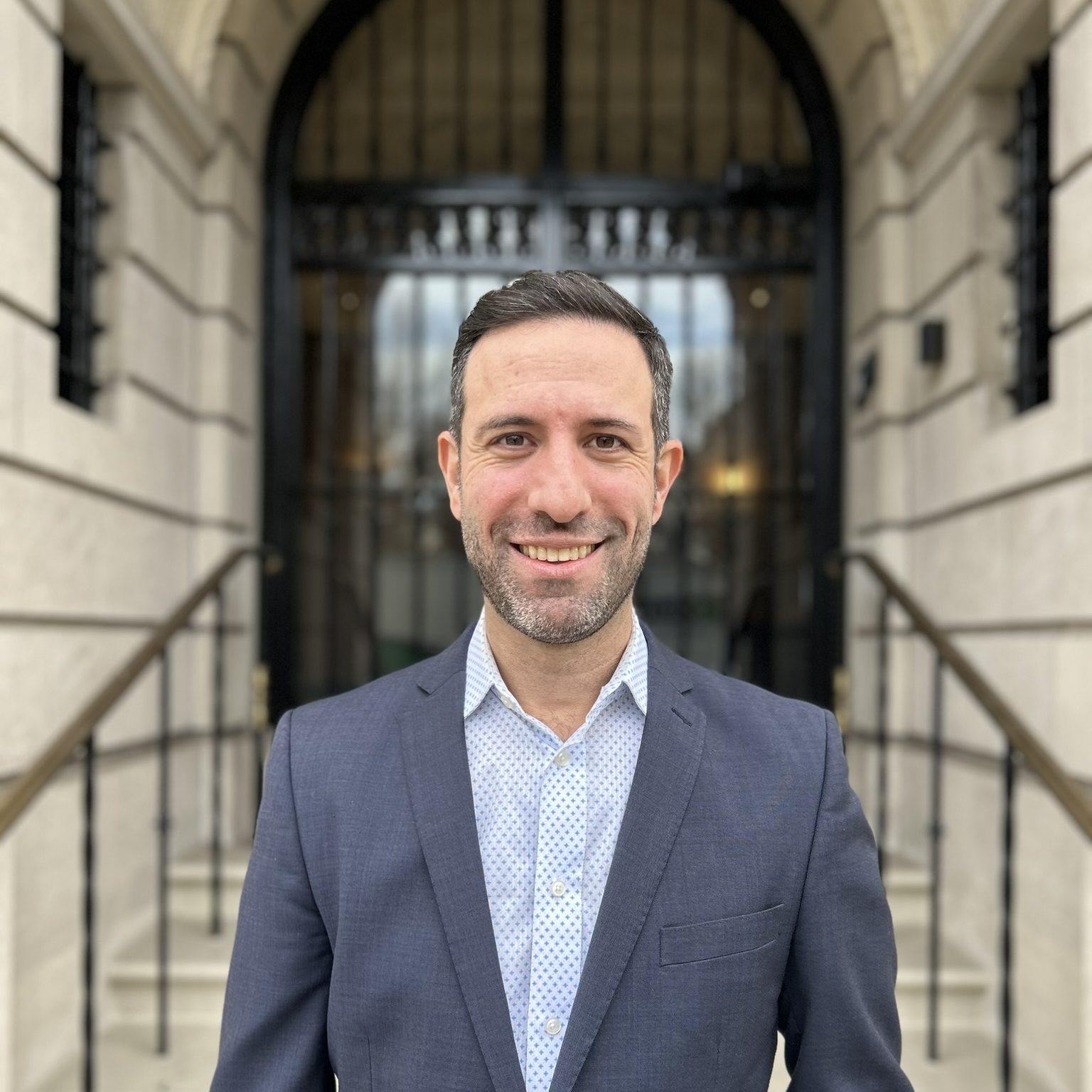Understanding the Chinese Communist Party’s (CCP) interference in Canadian elections – and deterring it from happening in the future – should be an issue that unites Canadian politicians of all parties. On May 9, I testified as a witness at a committee meeting in the House of Commons on this very topic and blanched at how this issue had already become politicized. Several MPs debated whether a CCP disinformation operation directly led to the defeat of former MP Kenny Chiu in 2021 and spent less time debating solutions to better safeguard Canadian democracy. Amidst this partisan rancour, MPs missed the point: The fact that these interference operations happen at all is unacceptable, regardless of whether they swing the vote in a particular riding.
The prolonged and politicized focus on whether a foreign interference campaign directly led to the victory or defeat of a particular candidate is the gift that keeps on giving to authoritarian regimes. As an American, I know that all too well. Six-and-a-half years after Russia’s widespread interference operation against the 2016 U.S. presidential election, Americans still have not wrestled with addressing all the vulnerabilities the Kremlin exploited. Why? Because politicians and the public spent years arguing over whether Donald Trump owed his victory to a foreign power rather than seeing the operation as the existential threat it was for American democracy.


